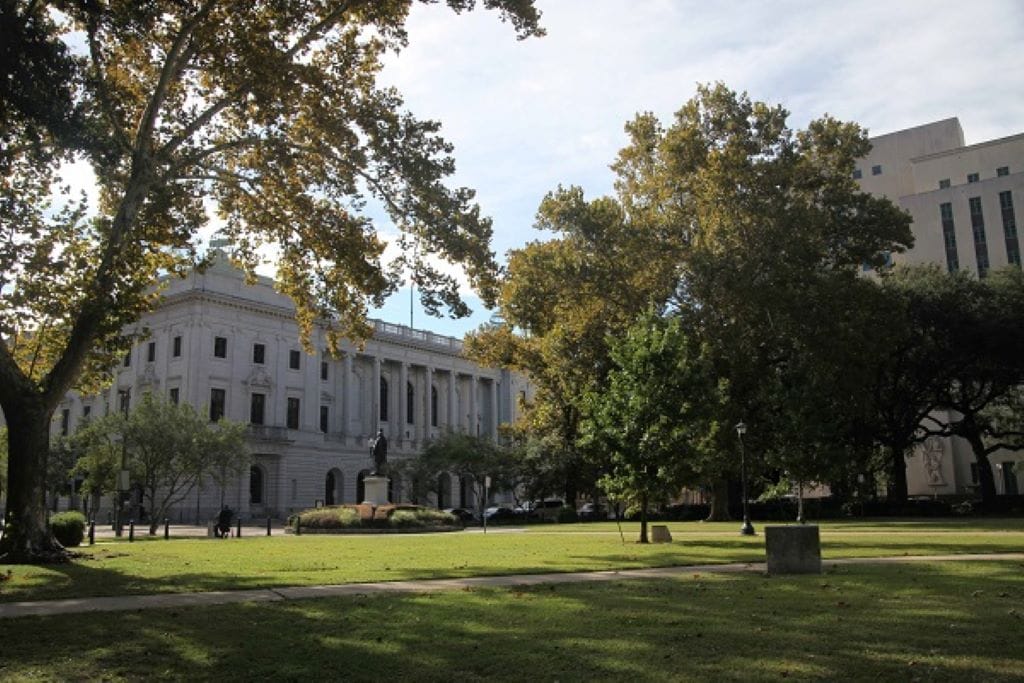Fifth Circuit to Rehear Petition Challenging FCC Jurisdiction on Universal Service Fund
A rehearing of the case means that the full court will reconsider the case and the previous ruling is vacated.
Teralyn Whipple

WASHINGTON, July 3, 2023 – The Fifth Circuit Court of Appeals agreed to a full panel rehearing on the constitutionality of the Federal Communications Commission’s funding mechanisms for the Universal Service Fund, which supports various broadband expansion programs, on Thursday.
Early last year, nonprofit research house Consumers’ Research and communication service provider Cause Based Commerce asked the U.S. Court of Appeals for the Fifth Circuit to find that Congress gave the FCC unfettered delegated authority to raise revenues akin to taxation under Section 254 of the Telecommunications Act of 1996.
Consumers’ Research claimed that the FCC has illegally delegated the taxation authority to a private entity, the Universal Service Administration Company. It asked the fifth circuit to take action against the FCC’s “unfettered power” to “define the scope of universal service.”
The appeals court ruled in March that Congress provided sufficient guidance to the agency when administering the fund, put in place guardrails to guide that administration, and that the FCC has sufficient oversight of USAC to allow for the subordination.
A rehearing of the case means that the full court will reconsider the case and the previous ruling is vacated. A majority of the circuit judges in “regular active service” voted in favor of rehearing the case with a full panel of judges instead of the three who heard it the first time after parties filed a petition for rehearing.
Oral argument has not been scheduled, according to the short order.
William Hild, executive director of petitioner Consumers’ Research, told Broadband Breakfast in a statement in March that “with the acknowledgement that our case is ripe and that we have standing, we will look forward to continuing the legal fight to defend consumers from the unconstitutional USF tax on their phone bills set by unelected bureaucrats.”
Consumers’ Research has also taken the issue to the Sixth Circuit, which sided with the FCC, and the Eleventh Circuit, which heard oral arguments this month and has yet to reveal where it stands.
“In its subordinate role, USAC provides the FCC with fact-gathering, ministerial, and administrative support,” the Sixth Circuit decision said. “It submits for approval to the FCC the underlying data and projections that the FCC then uses to calculate the contribution factor.”
“Critically, the FCC is not bound by USAC’s projections,” the decision added, noting the FCC may approve or deny the contribution recommended by USAC.
The more appellate courts that rule on the matter, the greater the chance of disagreement between them, making it easier for Consumers’ Research to appeal to the U.S. Supreme Court.
Industry leaders have come out in support of the Fifth Circuit’s original decision, claiming that it recognizes the importance of the USF to connect Americans to broadband services. Greg Guice, director of government affairs at advocacy group Public Knowledge, said in March that “the Fifth Circuit has once again affirmed the importance of our nation’s universal service mission and the FCC’s obligation to ensure it is achieved by placing the program on a sound financial footing.”










Member discussion